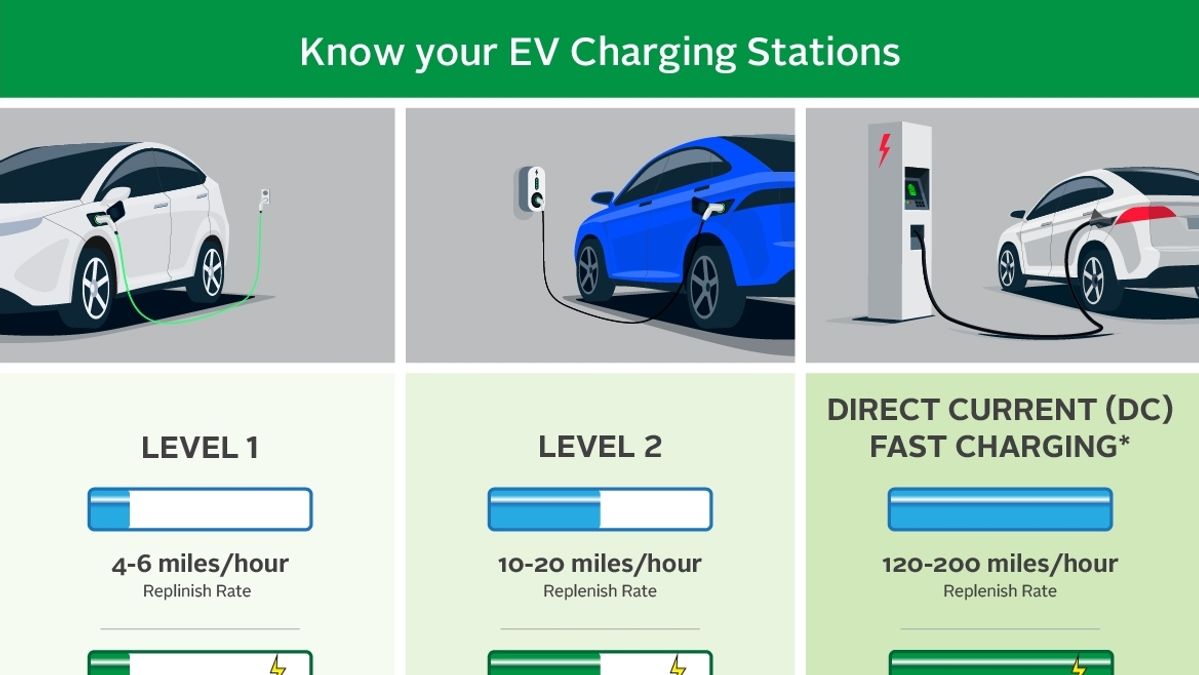Electric Vehicles: Accelerating Towards a Greener Future Amidst a …

As the world grapples with the urgent need to reduce carbon emissions, a significant shift is underway in the United States’ transportation sector. This transition is marked by the declining dominance of gasoline vehicles and the rising prominence of electric vehicles (EVs), driven by technological advancements, policy incentives, and changing consumer attitudes. This transformative period in transportation history not only signifies a departure from fossil fuel dependency but also heralds a cleaner, more sustainable future for mobility.
The Electric Vehicle Surge
Recent data underscores a remarkable surge in EV popularity in the U.S., with record sales reported in 2023. This uptick is largely attributed to advancements in battery technology, making EVs more accessible and efficient. A study on electric buses further illustrates the potential of battery-powered transport to significantly cut carbon emissions, paving the way for electric public transit solutions. Nevertheless, challenges persist, such as the need for widespread charging infrastructure and the task of convincing Americans that EVs can meet their diverse transportation needs.
Government Incentives and Public Sentiment
Government policies, notably the Inflation Reduction Act’s $7,500 tax credit for EV purchases, have played a crucial role in propelling the EV market forward. These incentives, coupled with increasing environmental awareness among consumers, have significantly shifted public sentiment towards favoring electric over gasoline vehicles. The rise in EV adoption is not just a testament to changing consumer preferences but also reflects a broader societal acknowledgment of the urgent need to combat climate change and reduce air pollution, which has been linked to numerous health issues.
Looking Ahead: The Road to Decarbonization
While the transition to electric vehicles is a critical component of the decarbonization of transportation, experts caution that it is not a panacea. The challenge of electrifying heavy-duty transport, such as trucks, buses, and planes, remains daunting yet essential for achieving comprehensive emissions reductions. Moreover, the shift towards cleaner transportation extends beyond just EVs; it encompasses a broader movement towards sustainable urban planning, promoting public transit, cycling, and walking as viable alternatives to car dependency. As this transition unfolds, the focus must remain on ensuring equitable access to clean transportation options, addressing the socioeconomic barriers that may hinder widespread adoption.
The journey towards a greener future is complex and multifaceted, requiring concerted efforts from governments, industry, and consumers alike. As electric vehicles continue to gain traction, they offer a promising glimpse into a cleaner, more sustainable mode of transportation. However, realizing the full potential of this shift demands innovation, investment, and an unwavering commitment to environmental stewardship. The road ahead is long, but the wheels of change are firmly in motion, driving towards a future where clean, efficient, and accessible transportation is not just a vision, but a reality.

